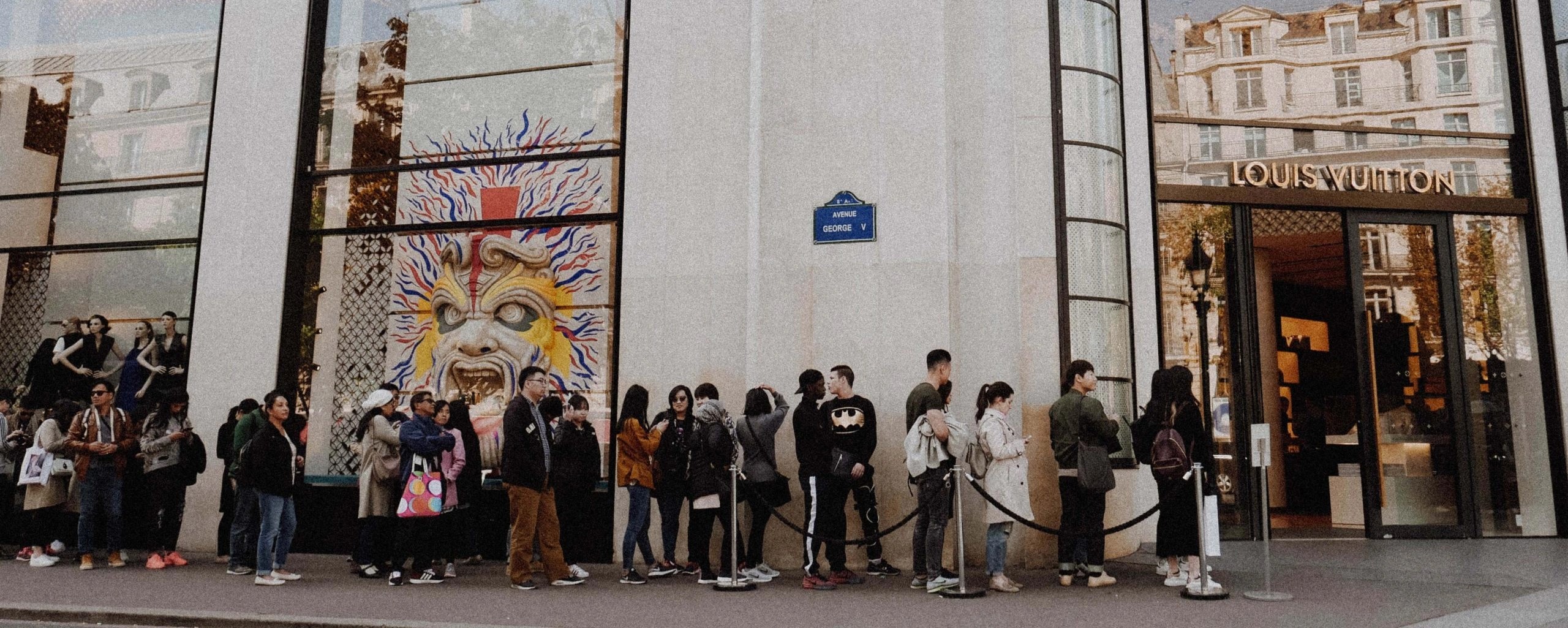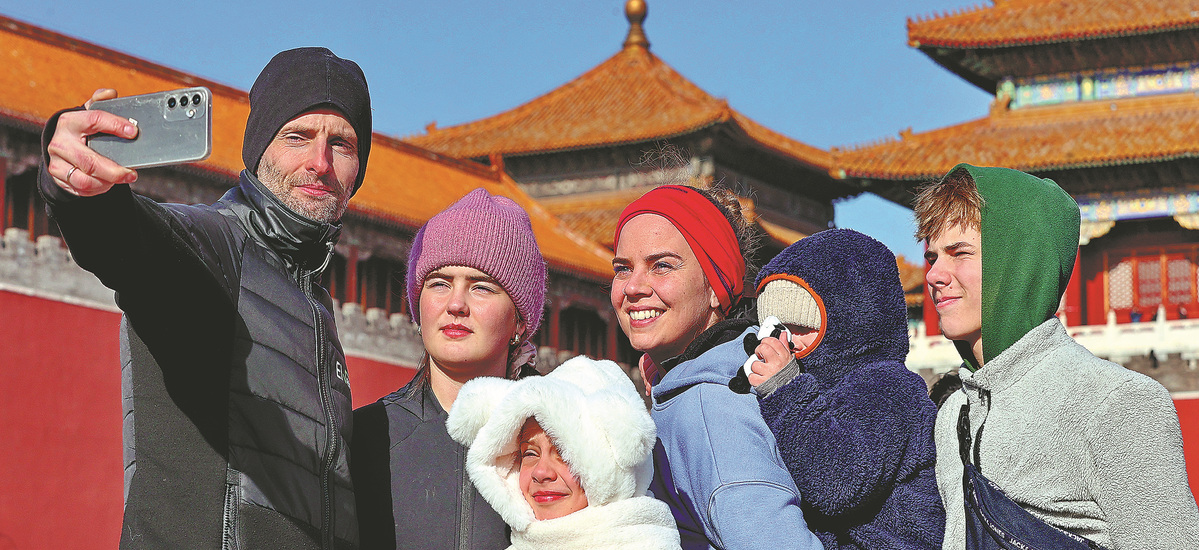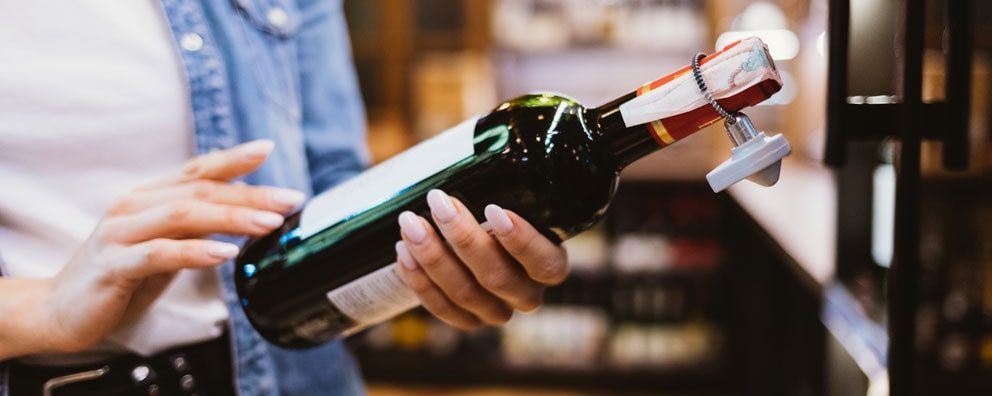Yes to quiet luxury, Paris and Hong Kong — China’s millionaires have spoken
Post-pandemic, China’s affluent prefer Hong Kong and France for luxury shopping, valuing exclusive experiences and limited-edition items.
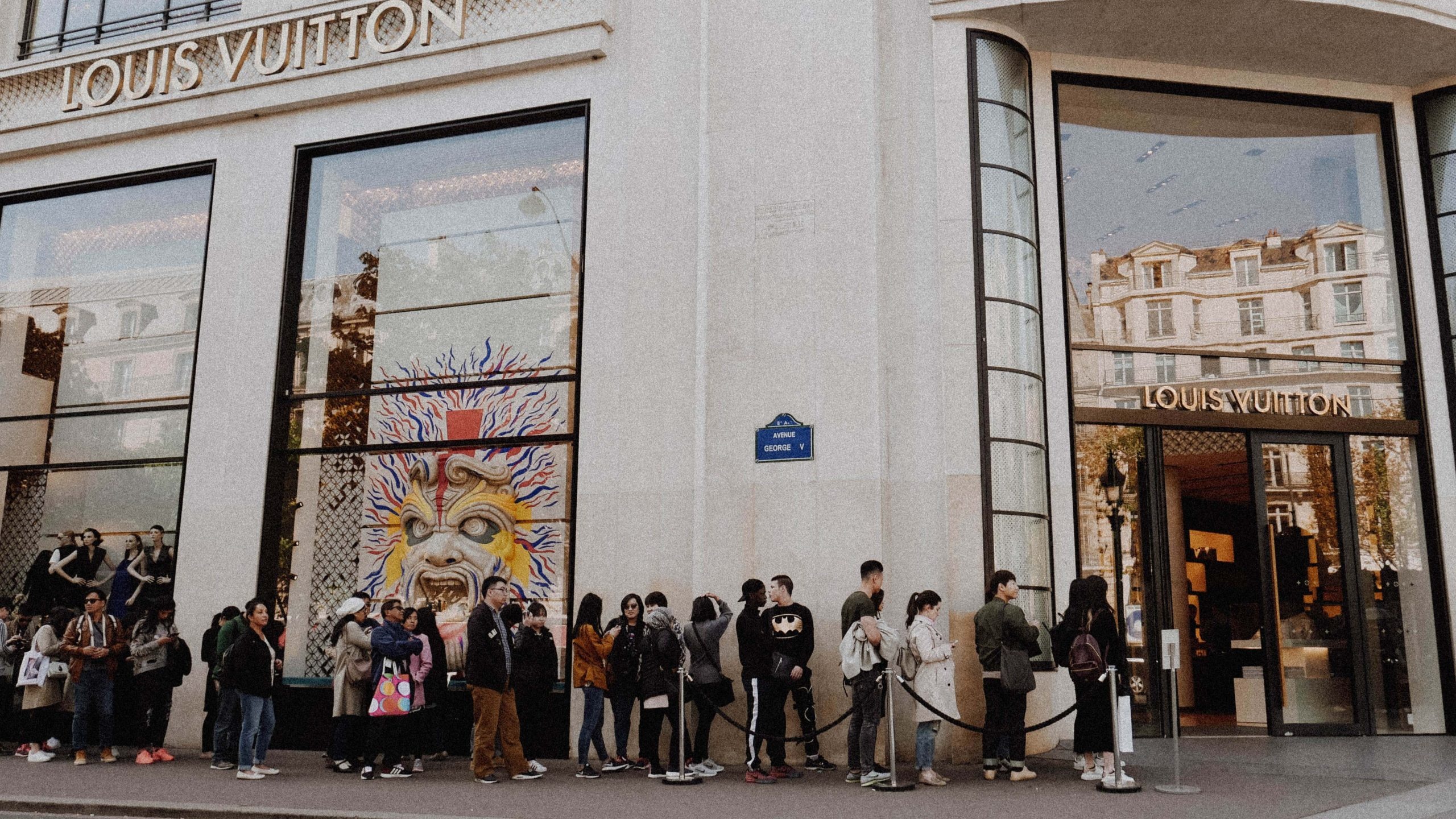
What happened
Hong Kong and France have emerged as the top post-pandemic shopping destinations for China’s millionaire travelers, according to a new survey by Agility Research and Strategy.
A survey of 2,000 affluent and high-net-worth individuals (HNWIs), conducted by Agility’s TrendLens study unit, showed that alongside travel, luxury experiences such as entertainment, spas, and watches and jewelry were among the top purchases for this segment.
Meanwhile, over 60 percent of HNWIs in the study said they prefer to buy luxury products with no logos but that are still “discreetly” recognizable. This was especially apparent among the majority of women respondents (69 percent) and among those aged 40 and above.
The Jing Take
When it comes to post-pandemic preferences, it seems that China’s wealthy remain wedded to old habits and haunts, given Hong Kong and Paris’ continued reputation and popularity for luxury shopping.
The rapid rise of quiet luxury among China’s millionaires is a pronounced aesthetic shift according to Jacob Cooke, co-founder and CEO of China-based consultancy WPIC Marketing and Technologies.
“The days of flaunting logos seem to be behind Chinese consumers,” he says. “A useful comparison that illustrates the popularity of quiet luxury is Hermès and Louis Vuitton, which have deployed different branding strategies in China.”
Hermès campaigns often focus on product quality, unique design elements, and expressions of contemporary quiet luxury, while avoiding the use of flamboyant celebrity ambassadors. “Brand messaging is sophisticated and refined, and highlights equestrian themes and leather production methods,” explains Cooke.
On the other hand, Louis Vuitton leans heavily into “sensational partnerships” — including with celebrities like Kendall Jenner, Messi, and Jackson Wang, as well in big brand partnerships such as the 2024 Paris Olympics. “Hermès approach has resonated more with their high net worth, educated target audience in China, as reflected in the fact that Hermès is outgrowing Louis Vuitton in China,” concludes Cooke.
Agility’s study was especially revealing when it came to the evolving attitudes and tastes of younger Chinese consumers. Hyped drops still have their draw in 2023, with Gen Z and millennial millionaires preferring exclusive, rare, and limited edition items from brands.
One example that comes to mind is the much-feted collaboration between Fendi and Chinese tea brand Heytea earlier this year. The limited edition luxury x beverage launch was a massive success for both brands, as demonstrated by pictures of customers holding the special edition cups circulating widely across Weibo and Xiaohongshu. The hashtag #xichafendiliangming (#喜茶fendi联名) on Weibo reached an audience of 32.6 million, accompanied by 8,662 organic posts just 48 hours after the products’ launch.
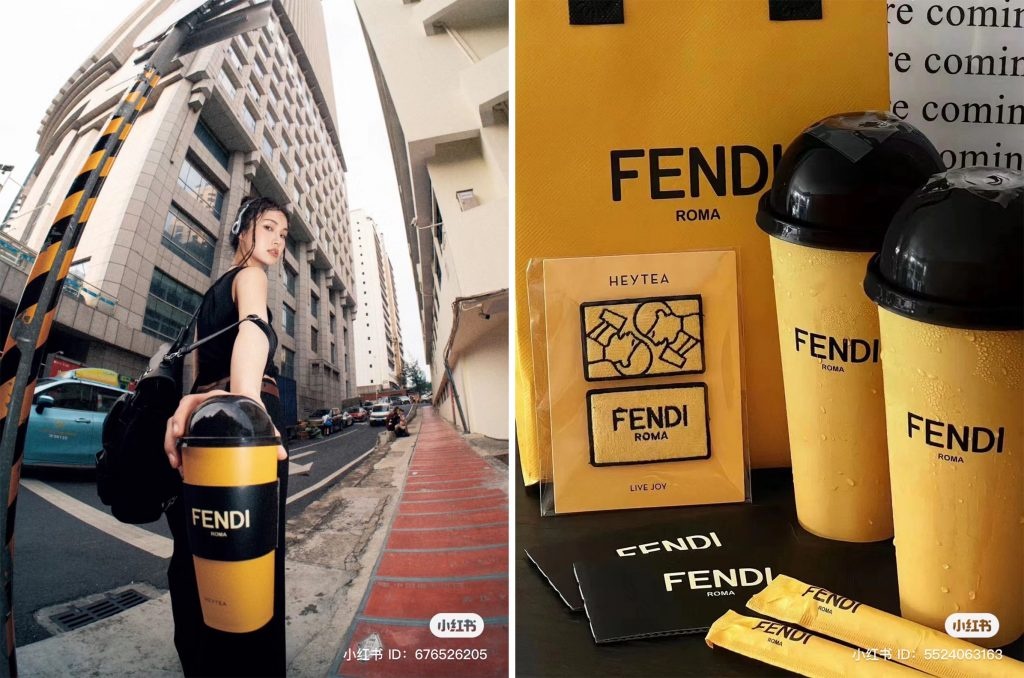
Xiaohongshu users post about the Fendi x Heytea collab. Photo: Xiaohongshu
Beyond seeking out exclusives, Agility’s study revealed that China’s Gen Z and millennial HNWIs plan to travel overseas and engage in duty-free shopping. Luxury categories high on their list are handbags, jewelry, cosmetics, and watches.
In June, Jing Daily reported that duty-free sales in the Asia-Pacific region are expected to hit 81 billion by 2027, with the majority attributable to Chinese consumers. This amount is nearly half of the 168 billion in revenue projected by Euromonitor International for the entire global duty-free market in the same year.
China is expected to extend its dominant position in the Asia-Pacific region, accounting for 87 percent of total duty-free sales by 2027. While China’s millionaires have expressed some trepidation over the domestic property market and other investments, it seems luxury purchases are as yet unaffected, and brands will need to take note and seize the opportunity at hand.
“Top luxury brands maintain good momentum with low double-digit growth, while lower tier luxury has been facing tougher times,” says Thomas Piachaud, head of strategy at Shanghai-based data solutions firm Re-Hub, of HNWI’s continued “thirst” for luxury.
“We are seeing select brands have strong growth, and by association consumer interest,” he says. “The likes of brands such as MiuMiu, Fendi, Louis Vuitton, Dior, Chanel, and Hermes have all grown significantly in luxury fashion and accessories across non-direct brand channels.”
One such example is Goyard — a brand showing “strong performance, reflecting a potential shift in brand preferences towards a more diversified brand set for luxury consumers,” according to Piachaud.
“Yes to quiet luxury, Paris and Hong Kong — China’s millionaires have spoken” courtesy of Crystal Tai from Jing Daily (Nov 15, 2023). © 2024 Jing Daily. All rights reserved.


